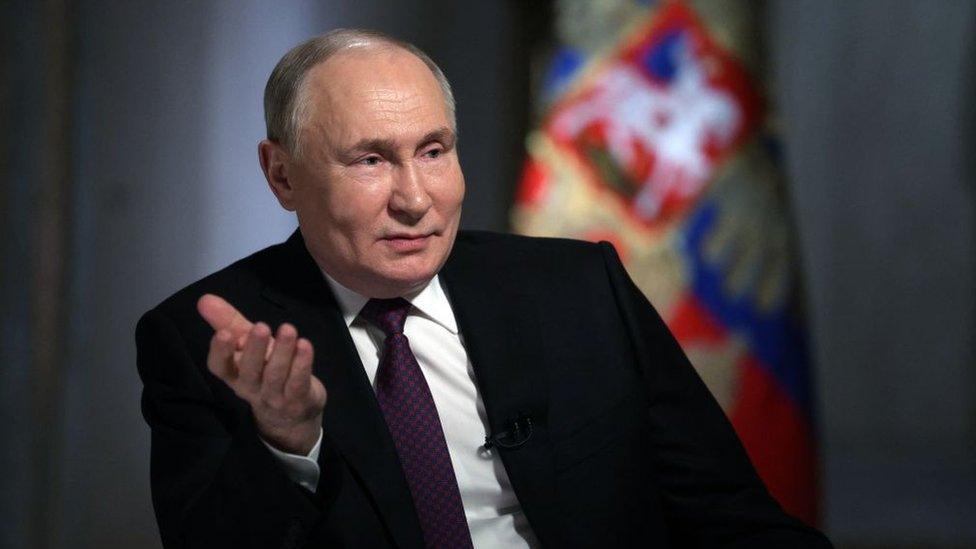In the high-stakes chess game of global geopolitics, Russian President Vladimir Putin has unveiled a provocative declaration that reverberates with Cold War echoes: Russia stands poised for a potential missile confrontation with the United States. As tensions simmer and diplomatic temperatures rise, Putin’s bold statement transforms an abstract strategic threat into a tangible, spine-chilling possibility that could reshape international power dynamics. With missile systems primed and rhetoric sharpened, this latest pronouncement from the Kremlin signals a moment of profound global uncertainty, where technological might and political will converge at a razor’s edge of potential conflict. In a stark display of geopolitical tension, Vladimir Putin has escalated rhetoric surrounding potential military confrontations, signaling Russia’s preparedness for a high-stakes missile standoff with the United States. The Kremlin’s assertive stance comes amid increasingly complex diplomatic relations and ongoing global security challenges.
Putin’s declaration underscores a growing sense of strategic brinkmanship, highlighting Russia’s perceived military capabilities and technological advancements in missile defense systems. The statement suggests a calculated move to project national strength and challenge existing international power dynamics.
Recent developments in weapons technology have dramatically transformed traditional military engagement paradigms. Hypersonic missiles, precision-guided systems, and advanced defense mechanisms have reshaped strategic calculations, creating a more complex and unpredictable global security landscape.
Intelligence reports indicate that both Russian and American military establishments have been continuously upgrading their missile arsenals, investing billions in research and development. These technological investments reflect a persistent arms race that extends beyond conventional military strategies.
The potential for a missile confrontation represents more than a mere military scenario; it symbolizes deeper geopolitical tensions rooted in historical rivalries and contemporary strategic interests. Each nation’s posturing serves multiple diplomatic and psychological objectives, designed to demonstrate resolve and technological superiority.
Geopolitical experts suggest that such provocative statements are often calculated diplomatic maneuvers intended to project strength and negotiate from a position of perceived power. Putin’s rhetoric could be interpreted as a strategic communication aimed at influencing international perceptions and maintaining domestic political support.
International diplomatic channels remain cautiously engaged, recognizing the potential catastrophic consequences of any direct military confrontation. Diplomatic negotiations, economic sanctions, and strategic dialogues continue to serve as primary mechanisms for managing international tensions.
The global community closely monitors these developments, understanding that miscalculations or escalatory rhetoric could potentially trigger unintended consequences. Military analysts emphasize the importance of diplomatic communication and risk mitigation strategies in managing such high-stakes international relations.
Technological advancements in missile systems have fundamentally transformed traditional warfare concepts. Modern missile technologies incorporate artificial intelligence, advanced tracking mechanisms, and unprecedented precision capabilities that differentiate them from previous generations of weaponry.
As geopolitical tensions persist, the international community remains vigilant, recognizing that diplomatic dialog and strategic communication represent the most effective pathways to maintaining global stability and preventing potential military escalations.